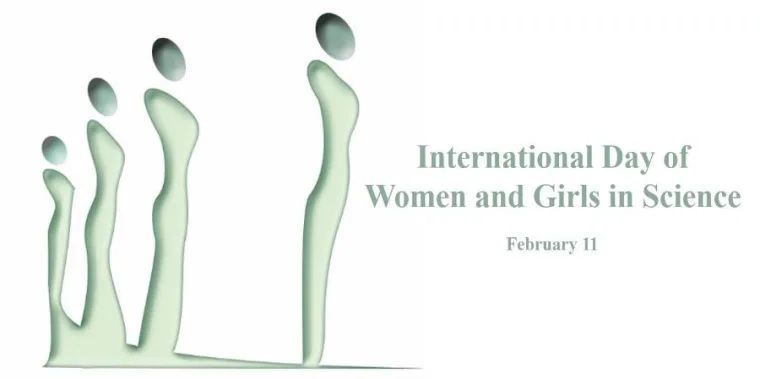
But Why?
By Dr Frances Denny, Exploristics Business Operations Manager
I’d say if you ask anyone that went to school with me, they’d tell you I was the (potentially annoying) student who was always asking the teacher questions, especially when things weren’t always clear first time round. The phrase, “But why?”, became a frequent part of my vocabulary, particularly in classes that were Science or Maths related. I often asked, “But why do you do it that way?” and “But why is that how it has to be?”, and was sometimes met with the response of, “cause it just is”. I’ll give it to my teachers, they stayed with me, trying different tactics each time to help my fellow students and myself understand and passing on the useful skill of being able to figure a problem out if you go back to “first principles”.
In that transition period of studying A Levels to then deciding the ultimate question of what path to take after school (a hard one when you’re only 17/18), the question I then had to ask myself was what I should study at uni. When it came down to it, there was only one choice – Maths. When talking this through with family and friends, the “But why?” question came back to haunt me. Even now when people ask what I studied, the “But why?” question quickly follows along with a declaration of “I always hated Maths at school”. My answer has always been simple: because I love Maths. I’ve always loved the challenge it gave me and so I never wanted to stop learning the subject. The poor rainforests have perhaps suffered from all the paper I’ve wasted trying to figure a problem out but generally I always got there in the end, and if I couldn’t get there on my own, I was never too proud to ask for help. I don’t think the satisfaction in solving a problem will ever leave me.
I quickly learnt that Maths at uni was on a different level to that at school. For a start, “Mechanics” was no longer called “Mechanics”, it’s “Applied Mathematics” and what you understood to be “Pure Mathematics” at school turned out to be “Applied Mathematics” at uni. A whole new world! My particular study path should be partly credited to my 5th Year Maths teacher who gave our class a really sound piece of advice: “If you ever get the chance to study Statistics at uni, take the opportunity with both hands, it’ll be the best thing you’ll ever do”. So began my journey to becoming a Statistician.
At the time of going to Queens University Belfast (QUB) there were fewer Statistics modules available than what there is now, and whilst we had lecturers advising in 2nd Year, “now is the time where you want to pick your focus, Pure or Applied”, I was leaning down the Statistics road. However, with the limitations at the time, I chose to keep studying all 3 Mathematical fields. I think that stood me in good stead, as it kept me on my toes having to switch my brain to think in different ways – a handy skill when it comes to problem solving.
My degree only confirmed my love of Statistics because I saw real world application of the methodology as a tool to solve complex problems. I went down a more traditional route of further study, soaking up as much information as I could because I fell victim (as many women do) to the thought that in order for me to pursue a career in my chosen field, I had to tick as many boxes as I could before I could feel confident in applying for the type of job that I wanted to do. I love the fact that nowadays, there are so many options out there resulting in the same goal. For example, if there was such a thing as the Analytics Academy that Exploristics now offers to new graduates, or indeed those wishing to take a different direction in their career, I know I probably would’ve jumped at the chance. I’m not saying the traditional route of further study (Masters/PhD) isn’t a good option; you learn many additional skills alongside the technical, but it might not be everyone’s cup of tea and the other options are just as good.
Upon finishing up at QUB for a second time, I saw an opportunity come up with Exploristics. At the time it was a brand new company that nobody had ever heard of, only just being set up in Belfast and doing the kind of work that I was really interested in. I was fortunate to be offered a position as Principal Statistician and I was the first employee of the company. I’ve been there ever since. For the first seven years or so, I worked as a Statistician helping our customers to solve their analytical problems, whether it be advising on the sample size they needed for their study, right through to analysing their data trying to figure out why their study failed.
Now when somebody asks me about my career and they follow with what feels like the inevitable “But why?” question, my reply is always the same: the variety of the work – where no two days are the same – which challenges me and helps maintain my interest, and the teamwork element; driving towards a bigger goal that ultimately helps everyday people. Combined, these things give me immense job satisfaction. Even now as the Business Operations Manager where I solve problems of a different nature, this still remains true.
Would I encourage someone to do a Maths/Stats degree? Yes. The opportunities that it affords are endless.




